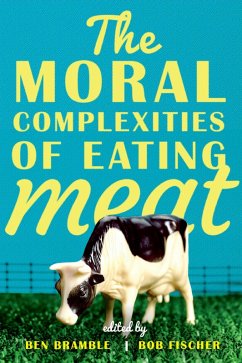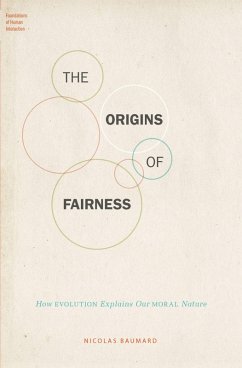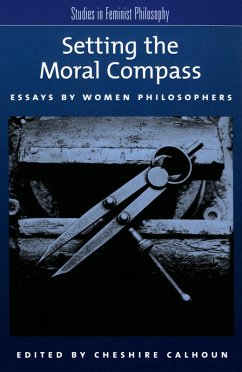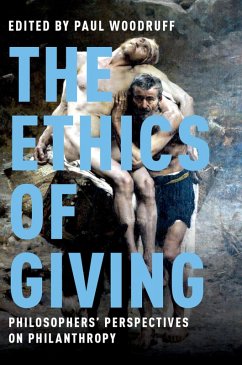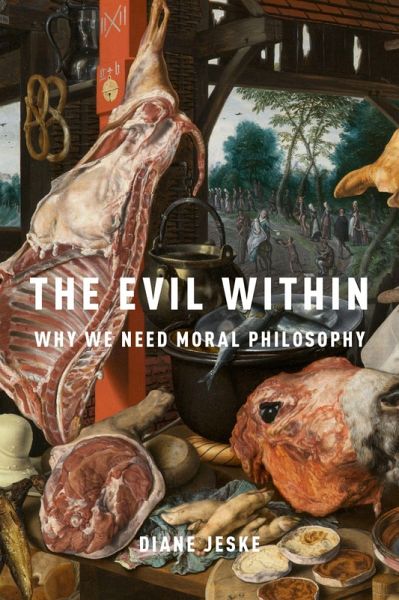
The Evil Within (eBook, PDF)
Why We Need Moral Philosophy

PAYBACK Punkte
5 °P sammeln!
Thomas Jefferson and Edward Coles were men of similar backgrounds, yet they diverged on the central moral wrong of this country's history: the former remained a self-justified slave-holder, while the latter emancipated his slaves. What led these men of the same era to choose such different paths? They represent one of numerous examples in this work wherein examining the ways in which people who perform wrong and even evil actions attempt to justify those actions both to others and to themselves illuminates the mistakes that we ourselves make in moral reasoning. How do we justify moral wrongdoi...
Thomas Jefferson and Edward Coles were men of similar backgrounds, yet they diverged on the central moral wrong of this country's history: the former remained a self-justified slave-holder, while the latter emancipated his slaves. What led these men of the same era to choose such different paths? They represent one of numerous examples in this work wherein examining the ways in which people who perform wrong and even evil actions attempt to justify those actions both to others and to themselves illuminates the mistakes that we ourselves make in moral reasoning. How do we justify moral wrongdoing to ourselves? Do we even notice when we are doing so? The Evil Within demonstrates that the study of moral philosophy can help us to identify and correct for such mistakes. In applying the tools of moral philosophy to case studies of Nazi death camp commandants, American slave-holders, and a psychopathic serial killer, Diane Jeske shows how we can become wiser moral deliberators. A series of case studies serve as extended real-life thought experiments of moral deliberation gone awry, and show us how four impediments to effective moral deliberation -- cultural norms and pressures, the complexity of the consequences of our actions, emotions, and self-deception -- can be identified and overcome by the study and application of moral philosophy. Jeske unsparingly examines the uncomfortable parellels between the moral deliberations of those who are transparently evil (e.g. psychopaths, Nazis), and our own moral justifications. The Evil Within ultimately argues for incorporating moral philosophy into moral education, so that its tools can become common currency in moral deliberation, discussion, and debate.
Dieser Download kann aus rechtlichen Gründen nur mit Rechnungsadresse in A, B, BG, CY, CZ, D, DK, EW, E, FIN, F, GR, HR, H, IRL, I, LT, L, LR, M, NL, PL, P, R, S, SLO, SK ausgeliefert werden.








